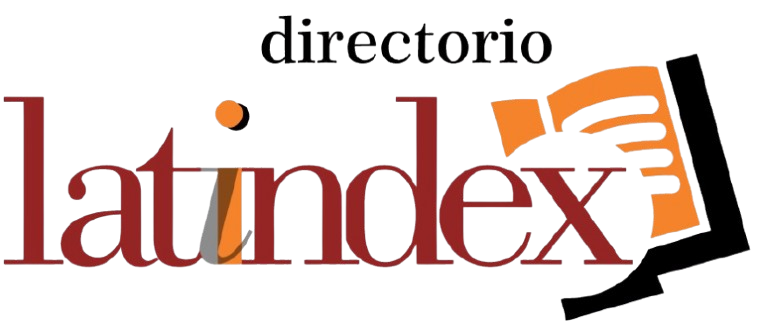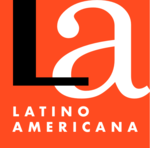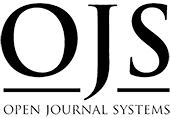Developing soft skills in undergraduate students: A case at a Chilean private university
Palabras clave:
Generic skills, active learning approaches, higher education, curriculumResumen
The role of non-cognitive skills in twenty-first century’s professionals is a critical success factor in current workforce. Undoubtedly, infusing these interpersonal attributes into the curriculum is a huge challenge for Chilean Higher Education Institutions (HEI). In fact, some HEIs are currently integrating these generic skills through direct instruction, while others from a cross-curricular approach, but without having considered proper teacher training. More importantly, developing soft skills in new generations has the potential to have profound and transformative effects on the professional field. This article provides an over-view of the current state of the art in soft-skills-based education. For this purpose, a group of 55 undergraduate students of a Chilean private university were surveyed. Findings indicate that these students are not acquiring soft skills, at a competitive level, that would help them to advance in their future career.
Citas
Alshare, K. & Sewailem, M. (2018). A Gap Analysis of Business Students Skills In the 21st Century A Case Study of Qatar. Academy of Educational Leadership Journal, 22(1). https://www.abacademies.org/articles/a-gap-analysis-of-business-students-skills-in-the-21st-century-a-case-study-of-qatar-6974.html
Brunello, G. & Schlotter, M. (2011). Non-Cognitive Skills and Personality Traits: Labour Market Relevance and Their Development in Education & Training Systems. http://ftp.iza.org/dp5743.pdf
Dean, S. (2017). Soft Skills Needed for the 21st Century Workforce. Walden Dissertations and [Doctoral]. https://scholarworks.waldenu.edu/cgi/viewcontent.cgi?article=4772&context=dissertations
Deming, D. J. (2017). The value of soft skills in the labor market. The value of soft skills in the labor market, NBER Reporter,National Bureau of Economic Research (NBER), Cambridge,MA, Iss. 4, pp. 7-11. ECONSTOR. https://www.econstor.eu/bitstream/10419/178757/1/2017-no4-2.pdf
Heckman, J. J. & Kautz, T. (2013). Fostering and Measuring Skills: Interventions that Improve Character and Cognition. NBER Working Paper No. 19656. https://www.nber.org/papers/w19656
Heckman, J. J., Stixrud, J. & Urzua, S. (2006). The Effects of Cognitive and Noncognitive Abili-tieson Labor Market Outcomes and Social Behavior.NBER Working Paper Series. https://www.nber.org/papers/w12006.pdf
Herwina, W., Kamil, M. Abdulhak, I. &Hatimah, I. (2019). The Cooperative Experiential Learning Model Based on Soft Skill and Hard Skill in Improving Trainees Competence at the Beauty Course Institute in Tasikmalaya City West Java Province, Indonesia. International Journal of Recent Technology and Engineering (IJRTE), 7(665). https://www.ijrte.org/wp-content/uploads/papers/v7i6s5/F11490476S519.pdf
IBO (2010). The IB Learner Profile: A singular capacity forinvigorating campus life. https://www.ibo.org/contentassets/fd82f70643ef4086b7d3f292cc214962/learner-profile-en.pdf
NACE (2019). Employers want to see these attributes on Students’ Resumes. https://www.odu.edu/content/dam/odu/offices/cmc/docs/nace/2019-nace-job-outlook-survey.pdf
Snyder, K. (2020). The 7 Soft Skills You Need to Be Successful. https://www.omniagroup.com/the-7-soft-skills-you-need-to-be-successful/
Tsey. K., Lui, S., Heyeres, M., Pryce, J., Yan, L. & Bauld, Sh. (2018). Developing Soft Skills: Ex-ploring the Feasibility of an Australian Well-Being Program for Health Managers and Lead-ers in Timor-Leste. SAGE Journals. https://doi.org/10.1177/2158244018811404
UNESCO (2015). Life Skills and Lifelong Learning. Asia-Pacific End of Decade Notes on Educa-tion for All. Retrieved from https://unesdoc.unesco.org/ark:/48223/pf0000225027
Unideusto (2008). Tuning Educational Structures in Europe Generic competences. Retrieved from http://www.unideusto.org/tuningeu/competences/generic.html
Vera. F. (2016). Infusión de habilidades blandas en el currículo de la educación superior: clave para el desarrollo de capital humano avanzado. Revista AKADEMÈIA, 15(1), 53-73. https://www.semanticscholar.org/paper/Infusión-de-habilidades-blandas-en-el-curr%C3%ADculo-de-Millalén/63496fd82f92fc1e1fc002583a40cae30540c3ee
Vera, F. (2020). Research skills in nursing undergraduate students: A case study at a Chilean private university. Open Science Journal, 5(3). https://osjournal.org/ojs/index.php/OSJ/article/view/2487
Descargas
Publicado
Cómo citar
Número
Sección
Licencia
Derechos de autor 2021 Transformar

Esta obra está bajo una licencia internacional Creative Commons Atribución-NoComercial-SinDerivadas 4.0.











